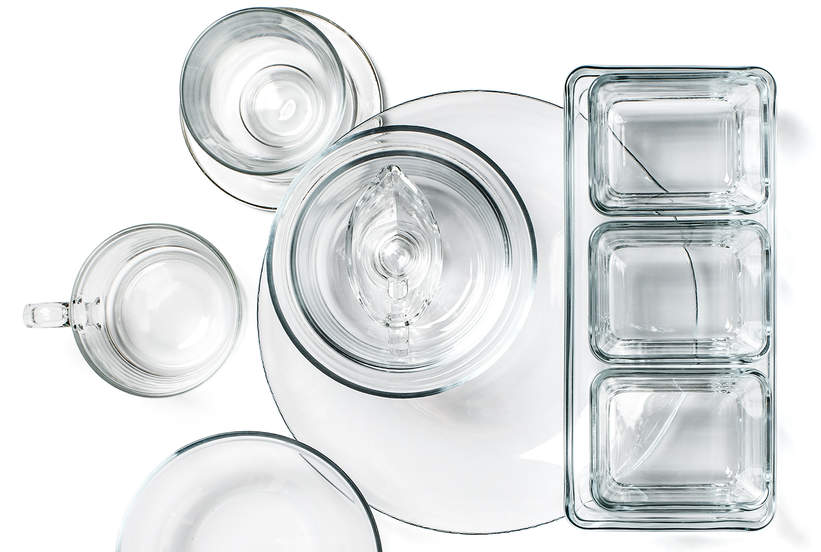1Coffee Pods
coffee-pods PHOTO BY VALDEMAR1991/GETTY IMAGES
Most coffee pods are not recyclable through curbside pickup. Consider buying a Break Room Zero Waste Box ($110; terracycle.com) to collect used coffee pods, plastic packaging, and disposable utensils, then ship it back for free and everything will be recycled.
2 Glass Kitchenware
Most of the glass cookware in your kitchen (like Pyrex) either has been treated or is too thick for the recycling plant to handle. Donate anything in decent shape and toss the rest.
3 Greasy Pizza Boxes
The oil can contaminate the sorting and pulping processes at the recycling plant. If your community accepts food waste for curbside pickup, it may take pizza boxes in the compost bin.
4 Mirrors
Because the glass has been treated, old mirrors should be donated to charity. Broken ones will have to be put in your regular trash.
5 Packing Materials
Take foam peanuts and other packing materials to a local shipping store or small business that ships items often and can reuse them.
6 Plastic Bags, Wrap, or Packaging Film
Some grocery stores will let you return plastic bags (including shopping bags, zip-top bags, bread bags, and dry cleaning bags) to be recycled by a special handler, notes Sarah Womer, founder of Zero to Go.
7 Shredded Paper
Once paper has been shredded, it’s too small for most recyclers to handle. Check with your municipality about how to package it for pickup or ask if there is a local drop-off location that will accept it.
8 Takeout Food Containers
If you can tear a cardboard container, it is typically safe to put in your curbside compost bin. Otherwise it goes in the trash. Wash and reuse plastic ones—they aren’t safe for long-term food storage but can be put to good use organizing odds and ends in your junk drawer or basement.
9 Water Filters
These are made from composite materials that municipal recycling centers aren’t able to handle. Check with your filter manufacturer for a take-back program.

